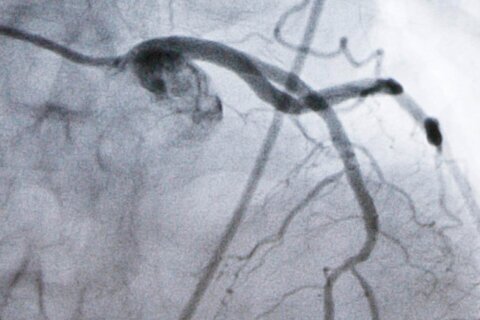Eating three square meals a day is so 2017. These days, more than half of Americans’ eating occasions are snacks, and 91 percent of us snack multiple times a day, according to the Hartman Group, a research firm. Is this healthy?
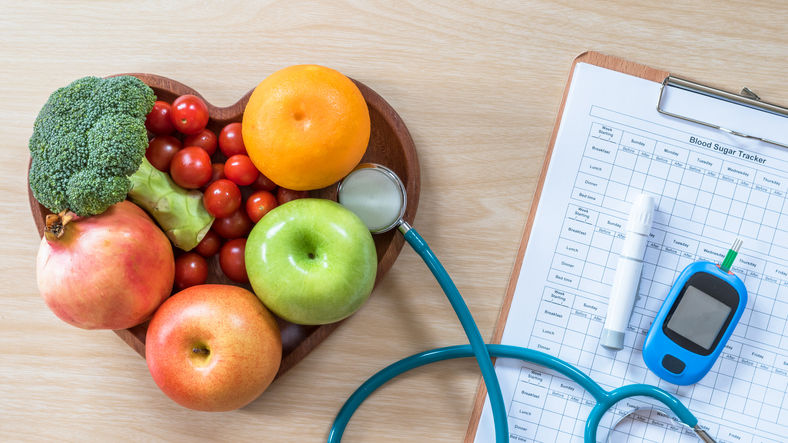
–Snack kits with cheese, fruit and nuts or meat, cheese and crackers
–Yogurt
–Cottage cheese with fruit or cherry tomatoes
–Individual cups of cereal with either milk or yogurt
–Bean dips with bean chips [See: 10 Healthful Snacks That Won’t Break the Calorie Bank.] (Getty Images/iStockphoto/noipornpan)
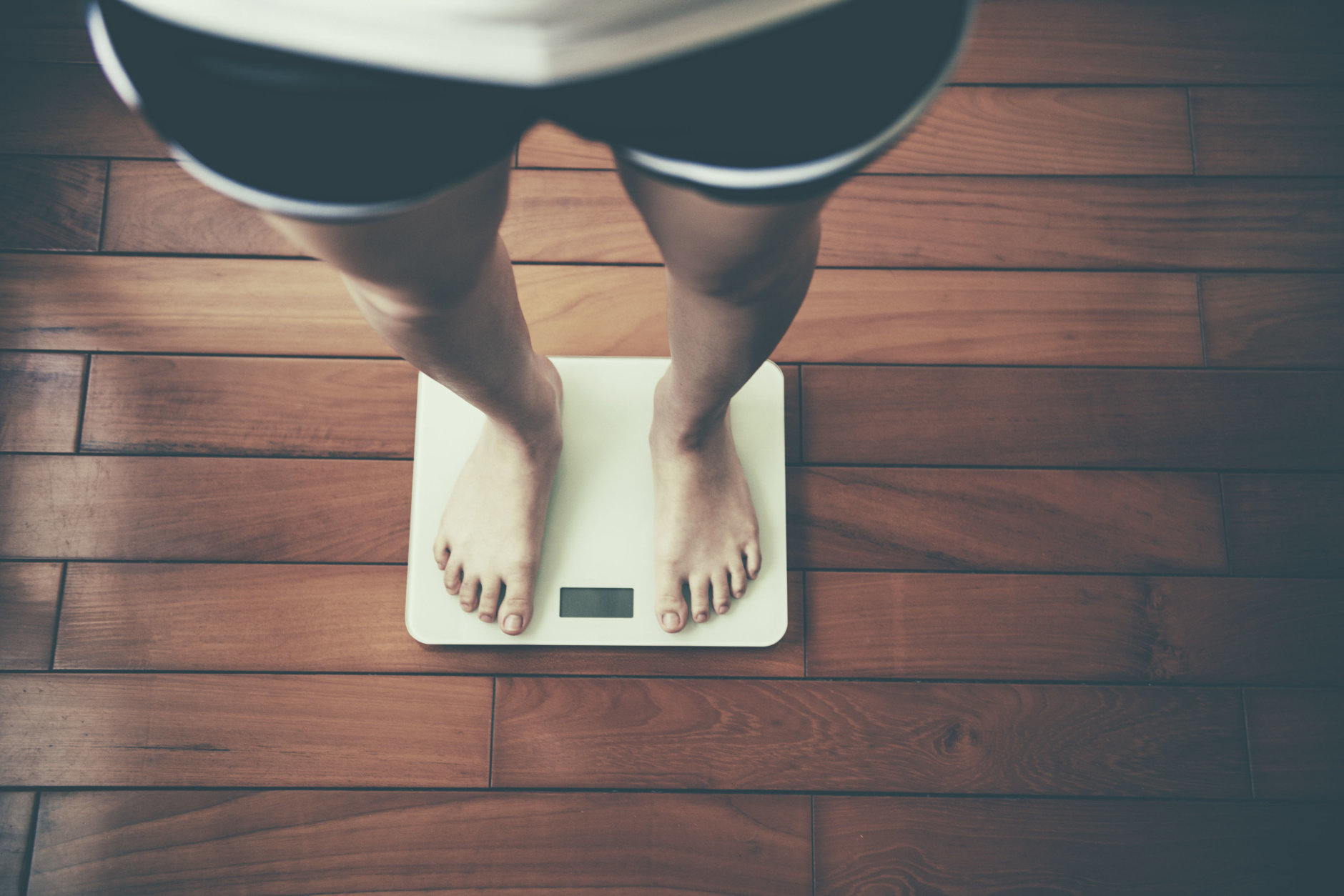
–Salsa with raw vegetables
–Kale, roasted carrot or beet chips
–Whole fruit
–Freeze-dried fruit in snack bags
–Roasted chickpeas, fava beans or soybeans in small containers or bags
–Portion-controlled bean dip or hummus with veggies
–100-calorie bags of popcorn (Getty Images/iStockphoto/shih-wei)
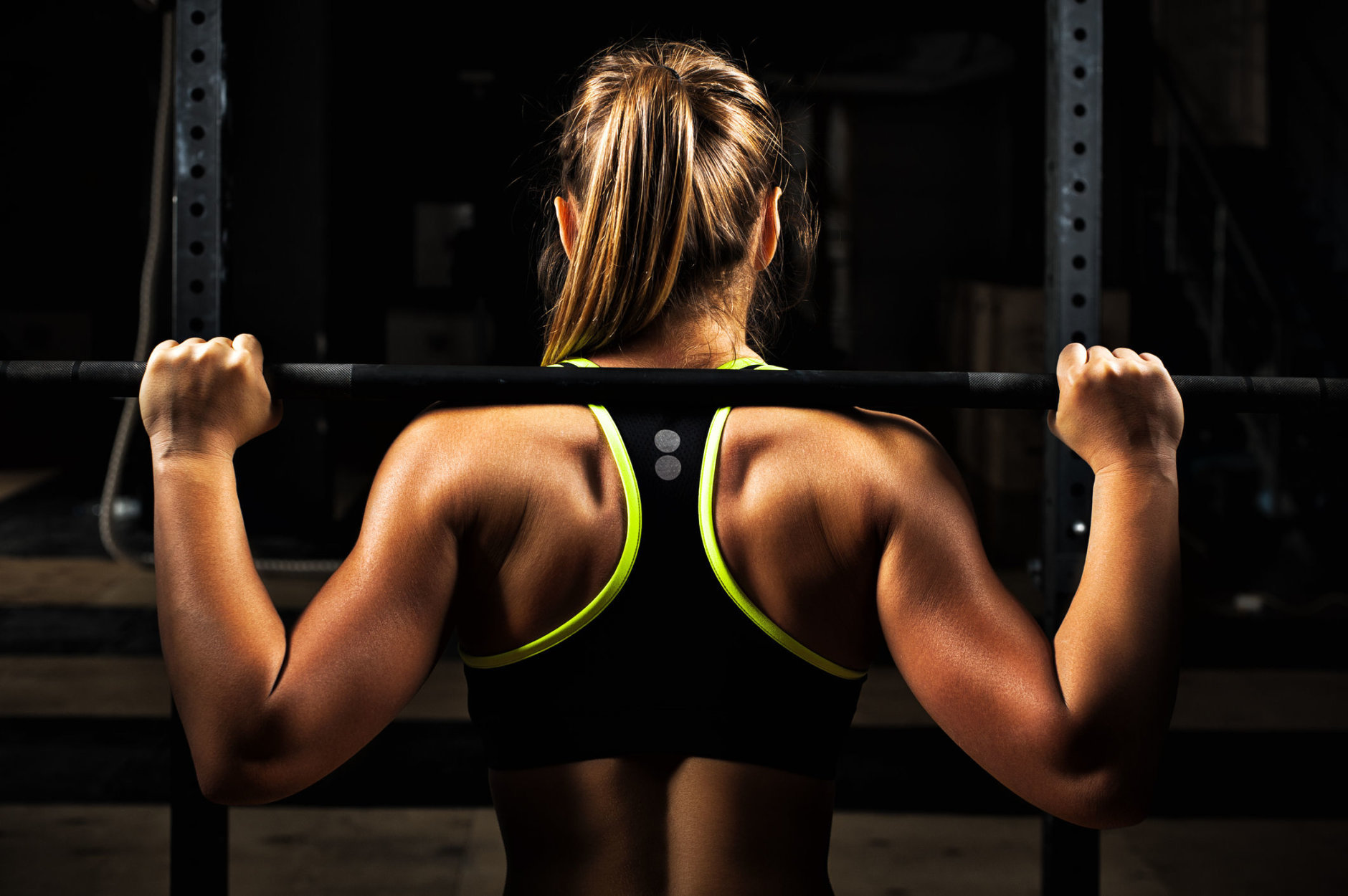
–Bars made with fruit and nuts
–A peanut butter and banana wrap
–Yogurt parfait
–Chocolate milk and a granola bar
–Cheese, crackers and a small bottle or can of juice
–Jerky and a small handful of pretzels with water [See: 5 Healthy — and Tasty — Smoothie Ingredients.] (Getty Images/iStockphoto/PaulBiryukov)
–1-ounce packages of nuts or seeds
–Fresh fruit with a relatively long shelf life, such as apples, pears, oranges or bananas
–Dried fruit, such as raisins and prunes
–Freeze-fried fruit
–Jerky or meat-based bars
–Reusable containers of trail mix or cereal
–Individual containers of soup
–Whole-grain crackers [See: 8 Tasty Keto Diet-Friendly Snacks.] (iStock)
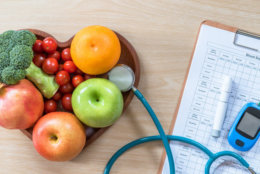
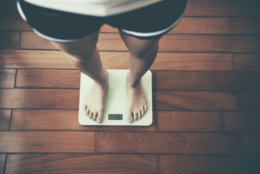

Snacking should not just be an exercise in mouth movement. If you snack out of habit and not due to hunger, chances are you will exceed your daily calorie requirements. If you are eating regular meals and grab a snack out of boredom or just because the food is there, snacking will not be helpful or healthy. Snacking a lot after dinner, too, could result in sleep impairment, weight gain and elevated blood glucose, triglyceride and cholesterol levels, as well as digestive symptoms such as reflux.
Snacks can be part of your day if you need them (and, on occasion, if you just want them), but be strategic regarding quality, quantity and frequency to make your snacks work for you.
More from U.S. News
Are These Healthy Snacks Making You Fat?
Healthy Snacks for When You Feel Hangry
6 Tips for Healthy Gameday Snacks From Food Network’s Robert Irvine
Is Snacking Healthy? originally appeared on usnews.com



